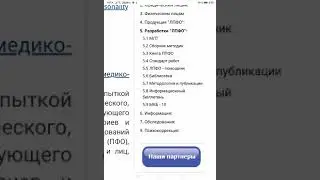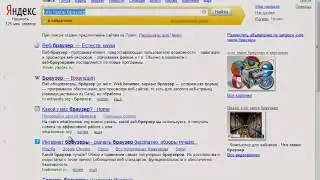Linux Administration Training by Checkmate IT Tech
Linux Administration
(76 Ratings)
☆☆☆☆☆3.9/5
Managing and maintaining Linux-based operating systems is called Linux administration. Administrators are in charge of things like setting up the system, managing users, making sure it is secure, getting changes, and fixing problems. They set up and watch over computers, networks, and services with the help of command-line interfaces and graphical tools. Administrators of Linux make sure the system is stable, improve its speed, and add security measures to protect it from threats. They work with different distributions like Ubuntu, CentOS, and Red Hat and often set up web servers, databases, and other apps. For successful Linux administration, you need to know how to use shell scripting, networking, and system monitoring tools. This lets servers and infrastructure run reliably and securely.
7+ Courses
25+ Projects
233 Hours
Overview
Curriculum
Mentors
Fees
Reviews
FAQs
OVERVIEW
Welcome to our complete program for learning how to run Linux! Linux is one of the most important and powerful operating systems in the world of IT infrastructure and server control. Our training will give you the skills and information you need to become a good Linux administrator and run Linux-based systems well.
Why Linux Administration?
Because Linux is stable, secure, and open source, it is often used for computers, embedded systems, and cloud computing. Here’s why IT workers should know how to use Linux administration
Server Management:
A lot of servers around the world run on Linux, which makes Linux administration a useful skill for server management.
Customization:
Linux lets you change and set up the system in a lot of ways, so you can make it fit your wants.
Command-Line Power:
Linux’s command-line interface gives you a lot of power over how the system works and how it is automated.
Security and Stability:
Linux is known for its security features and stable performance, which makes it a good choice for applications that need to be safe and reliable.
Key Highlights of Our Training:
Introduction to Linux:
Learn about the background of Linux, the different ways it can be installed, and the basic ideas behind it.
Command Line Basics:
Dive into the Linux command line and learn how to use basic tools, navigate, and work with files.
User and Group Management:
Learn how to make and handle users, groups, permissions, and access control.
File System and Storage:
Learn about Linux file systems, disc control, partitioning, and mounting.
Networking and Security:
Know how to set up IP addresses, handle firewalls, and use security best practices.
Package Management:
Learn about package managers like APT and YUM so that you can install and update software.
Process Management:
Learn how to track processes, plan tasks, and improve system performance.
Shell Scripting:
Learn how to use Bash shell scripting to automate jobs and make your own solutions.
Why Choose Our Linux Administration Training?
Expert Teachers:
Learn from experienced Linux administrators who share real-world tips and the best ways to do things in business.
Hands-On Learning:
Use command-line tasks, system configuration, and simulations of the real world to gain real-world experience.
Infrastructure Management:
Learn to manage Linux-based computers and systems, which is a skill that is in high demand.
Career Advancement:
If you know how to handle Linux servers, you can move up in your career in IT operations, server management, and cloud computing.
Flexible Learning Formats:
You can choose to take online courses at your own pace as per your schedule.
Who Should Attend:
System Administrators
IT Professionals
DevOps Engineers
Anyone interested in learning Linux administration and server management
Why Choose Checkmate IT Tech?
If you are looking for training providers that offer ongoing support and resources to help you succeed in your Linux Administration journey. Checkmate IT offers a comprehensive introduction to Linux Administration, including both theoretical and practical aspects. These may include access to trainers, online communities, practice exercises, and job placement assistance. Checkmate IT Tech offers flexible training options that suit your schedule and learning preferences.
CURRICULUM
Module 1: Introduction to Linux
Module 2: Linux Basics
Module 3: User and Group Management
Module 4: File System and Storage Management
Module 5: Package Management
Module 6: Process Management
Module 7: System Services and Daemon Management
Module 8: Network Configuration and Administration
Module 9: Security and Authentication
Module 10: Backup and Recovery
Module 11: Server Monitoring and Performance Tuning
Module 12: Final Projects and Course Wrap-up































